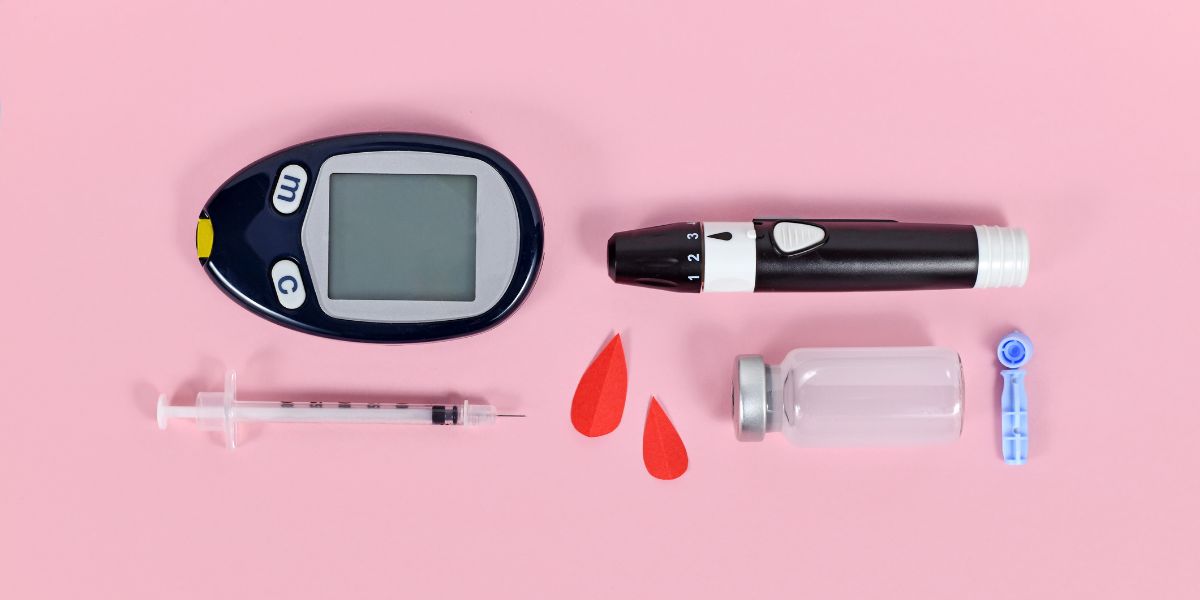Puberty can be a very challenging time for a child with diabetes, as well as their families. It is therefore useful to have an idea of what to expect during this time.
Girls tend to experience puberty slightly earlier than boys, between the ages of 10 and 14, while boys generally develop between the ages of 12 and 16.
During puberty, a number of physical, psychological and behavioural changes occur which can cause your child to act differently.
These changes can make managing their diabetes more difficult and potentially more stressful for everyone involved.
Children and diabetes
Type 1 diabetes is the most common form of diabetes in children, and learning how to manage your child’s diabetes can be hard. Keeping good control of their blood glucose levels is essential, but this requires practice, patience and commitment.
Type 2 diabetes in children is often caused by a poor diet from a very early age, combined with a sedentary lifestyle. Treatment often involves lifestyle changes involving diet and exercise.
Puberty can make treating both types of diabetes more difficult as your child will have enough to think about growing up.
Changing schools, homework and making new friends will take up most of their thoughts, but it is essential to keep your child focused on controlling their diabetes.
Sign up to the free Hypo Training Program for more information on diabetes management if your child is susceptible to hypoglycemia.
Puberty and blood sugar levels
An 1986 study from Amiel et al reported that the body becomes more resistant to insulin during puberty. [161] This can make blood glucose levels higher, and often necessitates increased insulin doses.
You should find your child’s insulin intake gradually increases through their teenage years. Your child’s diabetes health care team can help you find the right balance regarding their insulin regimen.
Nurses and other health care team members will likely be invaluable during this period.
J Trast wrote in 2014: “As children with diabetes enter adolescence, the physical and psychological changes of puberty add to the challenges of disease management. This often leads to increased stress for both parent and child and to poor overall glucose control with potential short- and long-term complications.
“During this period of transitio, nurses play a central role in teaching patients and their families about the effects of puberty on insulin sensitivity and glucose metabolism, and in discussing how the emotional and behavioural changes associated with this challenging time can affect diabetes management.” [162]
For more support, you can speak to others in a similar situation on the Children & Teens and Parents sections of the Diabetes Forums.
Time of diagnosis
The way your child’s diabetes is managed during puberty may be impacted by the age in which they were diagnosed. If your child was diagnosed at a very young age, they will have grown up understanding that they have diabetes, and that it needs to be vigilantly managed. By the time they reach puberty, they may even feel more confident taking more responsibility for their diabetes management themselves.
However, it is relatively common for children who have managed their diabetes to lose motivation to control the condition during puberty.
If your child was diagnosed with diabetes just before, or even during puberty, they may find the intrusive elements of diabetes management – such as blood glucose testing – quite hard to accept, especially after previously growing up without diabetes.
Of course, each child is different, and will react to diabetes in different ways. As the parents, carers or guardians of a child, though, it is imperative that you make sure their diabetes is being well controlled, whether you and/or your child is taking responsibility for their management.
Be sure to go through their blood test results with them and be ready to answer any questions they may have about medication doses or other aspects of treatment.
The Honeymood Period
Your child might experience the honeymoon period during puberty if they were diagnosed with type 1 diabetes just before, or during puberty.
The honeymoon period occurs after diagnosis, and refers to the production of a significant amount of insulin by the body which can help control blood glucose levels.
Eventually, your child’s body will stop producing insulin, and your child will find this very frustrating. Your health care team can advise you on insulin doses if your child is experiencing puberty as well as the honeymoon period.
Importance of support
While it is common for blood glucose control to worsen during puberty, it is important to make sure your child is not neglecting their diabetes management
During puberty, added pressures at school – both academically and socially – can compound the hardship of controlling a child’s diabetes. Some children can find this harder than others, and might start missing blood tests and/or injections as a way of rebelling against diabetes.
This can increase the risk of both short and long-term complications, and if your child is becoming disillusioned with their self-care, you should ensure they receive suitable support from you, as their parent or guardia, and their health care team.
Psychological support
Depression is another common feature of diabetes in puberty, and could be a factor if your child is struggling to accept or manage their diabetes.
Children should be given access to psychological support on the NHS if problems develop with mental health, behavioural difficulties or decreased ability to control blood glucose levels.





